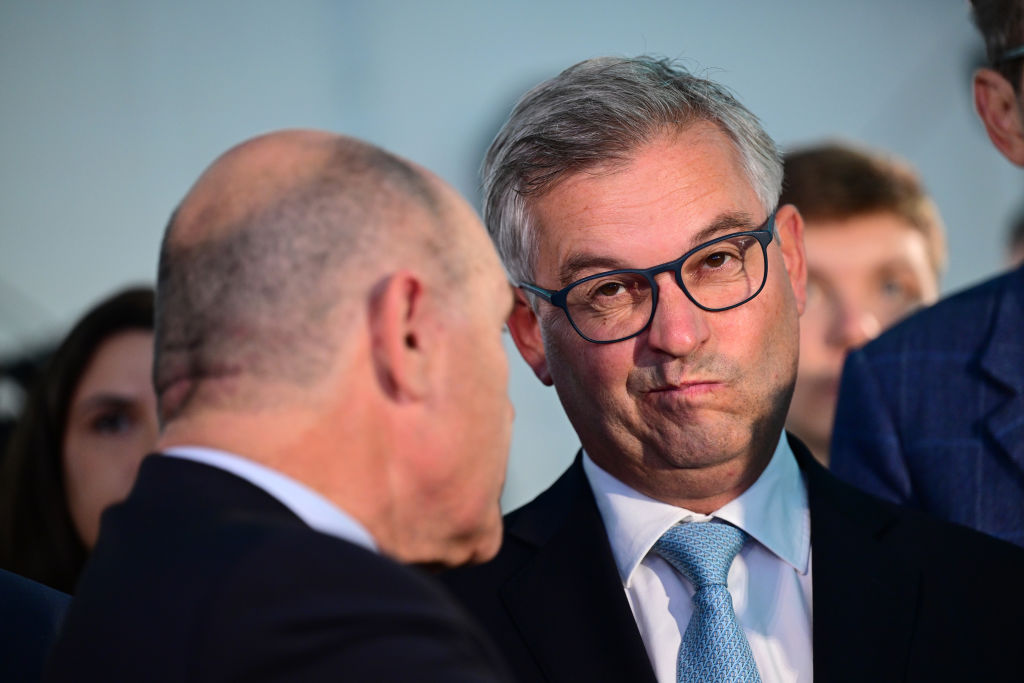The European Union said it would start a deficit procedure against Austria as the country has been unable to credibly reduce its burgeoning budget shortfall on its own.
At their meeting in Brussels on July 8, EU finance ministers officially decided to open the proceedings, following a recommendation by the European Commission.
Austria, described by Franz Schellhorn, head of the economic think-tank Agenda Austria, as “behaving like a defiant child trying to escape reality”, now has until October 15 to present credible measures to bring down the deficit.
An EU Excessive Deficit Procedure was triggered when a member state breached the Stability and Growth Pact’s fiscal rules, the so-called Maastricht criteria.
These rules required member states to keep their annual budget deficitd below 3 per cent of gross domestic product (GDP) and public debt below 60 per cent of GDP.
Austria has been failing on both counts. In 2024, the country notched a record deficit of 4.7 per cent and a debt ratio of 82 per cent.
The near-term prognosis was equally dire. The Austrian Fiscal Council said it expected the deficit to remain above 4 per cent until at least 2029 and public debt to balloon to a record-breaking 91 per cent of GDP.
Austria would now be subject to regular monitoring by the EC and would have to agree on a fiscal plan with the Eurocrats.
Failure to comply with the plan may lead to financial sanctions of up to 0.2 per cent of GDP per year.
Those sanctions, though, have rarely been enforced by Brussels. The first and up to now last time Austria was subject to a deficit procedure – in 2009 after the banking crisis tore a hole into public finances – the country escaped without any fines.
The procedure was regarded mainly a disgrace for the country’s ruling politicians.
The three-party coalition of Conservative Austrian People’s Party (ÖVP), Social Democratic Party of Austria (SPÖ) and Liberals that was sworn in in March 2025 had been given multiple chances by the EU to come up with a credible set of reforms to bring down the deficit and revive the country’s tanking economy.
Austria was expected to be the only EU country that would remain in recession in 2025.
Left-wing finance minister Markus Marterbauer (SPÖ) was optimistic after the Brussels meeting, saying: “We are being asked by the European Commission to present measures on how the excessive deficit – which is a legacy of the last government – can be reduced in the medium term.
“We have already passed the corresponding resolutions in the National Council with the double budget. Austria is well on the way to reducing the deficit as planned.”
Schellhorn was less positive. “The deficit procedure is an embarrassment. We have the second-highest government revenues in Europe but run the third highest deficit of all Eurozone countries,” Schellhorn told Swiss newspaper NZZ on July 7.
Schellhorn said Austria urgently needed a number of deep reforms, primarily of its pensions system. “Already now the state is spending one fourth of the budget to cover the annual shortfall in the pension system”, he said.
The potential for reforms was small, though, according to him: “Austrian politics is incapable of reform. Austria is practically begging for a troika.
“We are not capable of solving the problems of the country ourselves. Instead, we would like to have someone to blame.
“Brussels should do the work for us and then we want to be able to say: The evil EU is forcing us to reform our pensions,” he concluded.
Besides Austria the EU was currently conducting deficit procedures against seven other countries: Belgium, France, Italy, Poland, Hungary, Slovakia and Romania.





